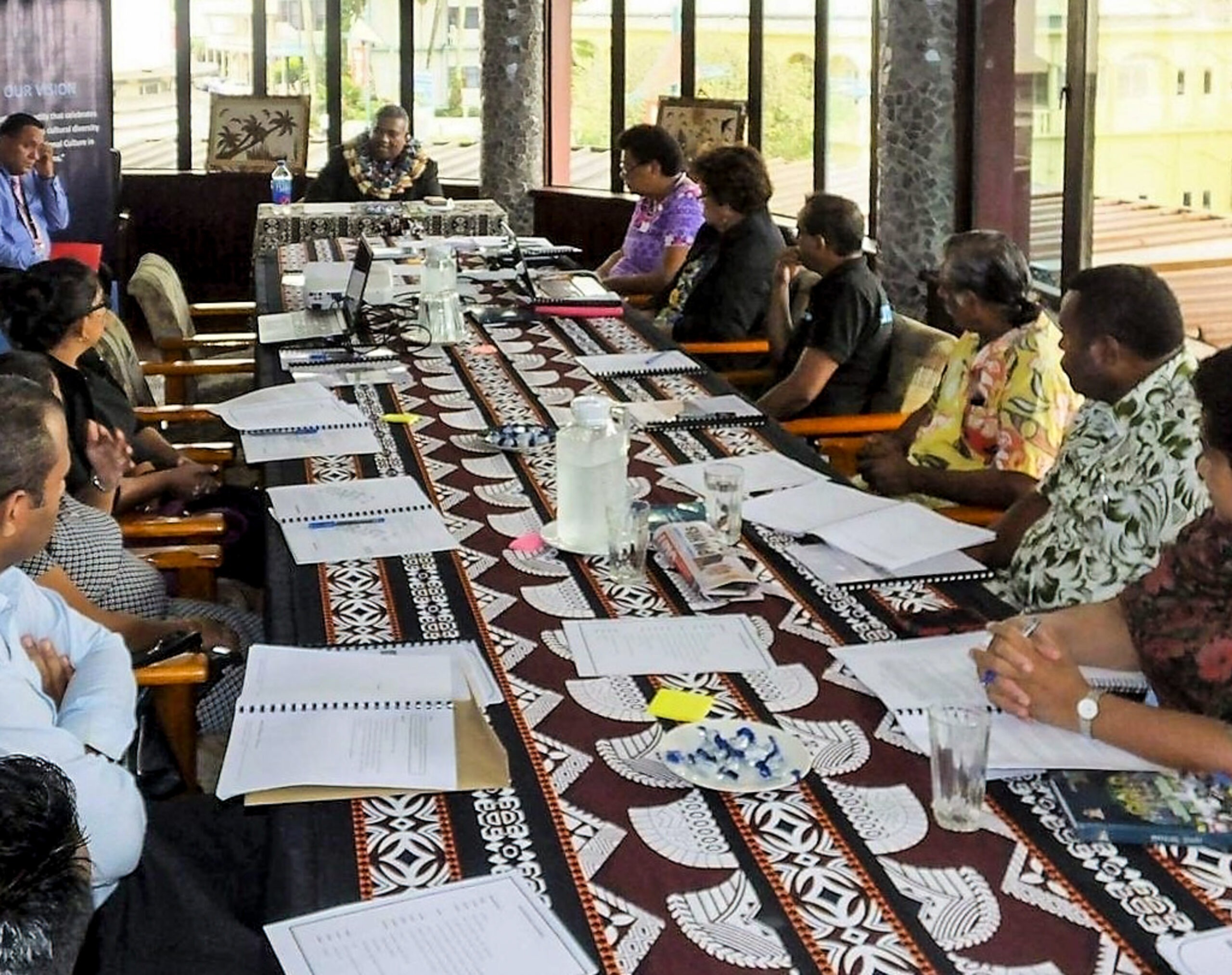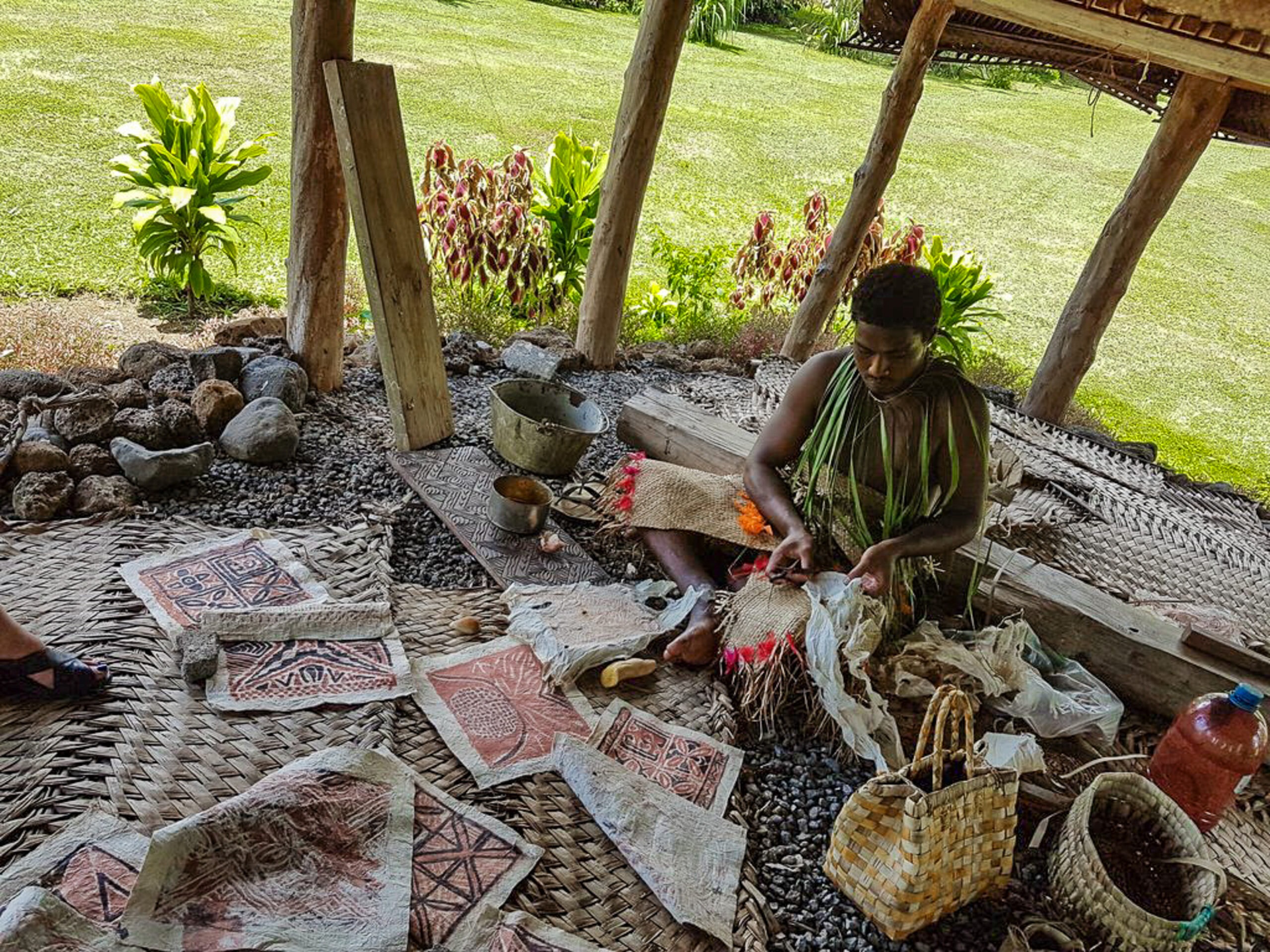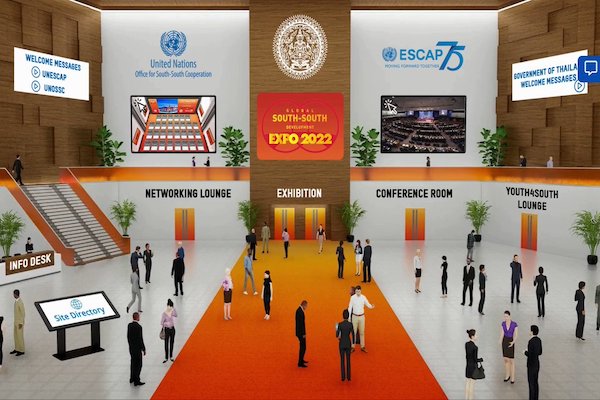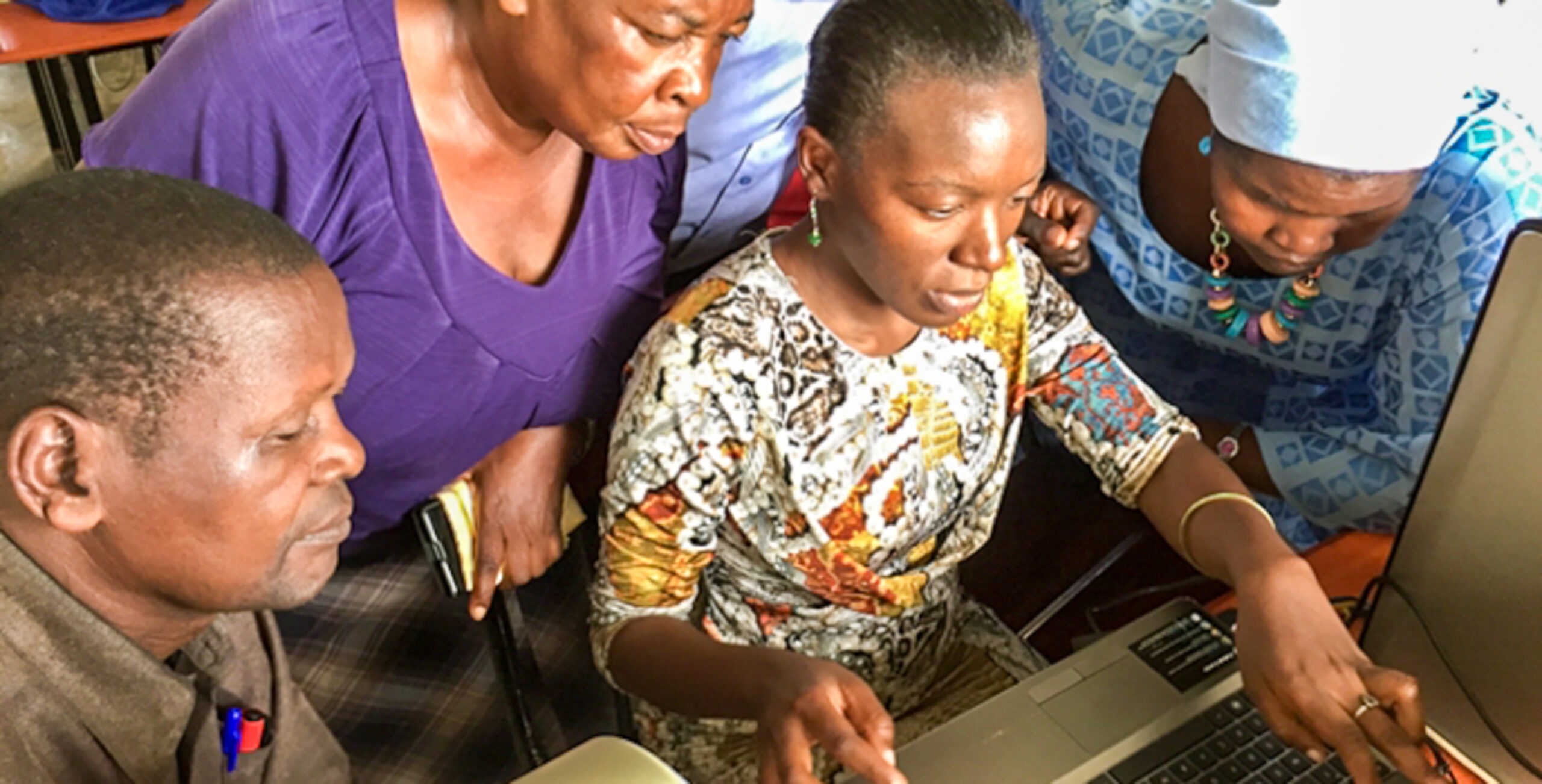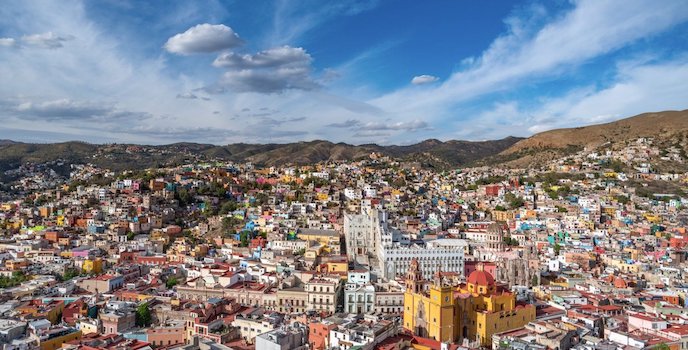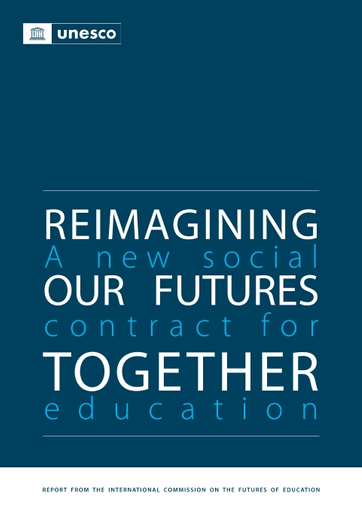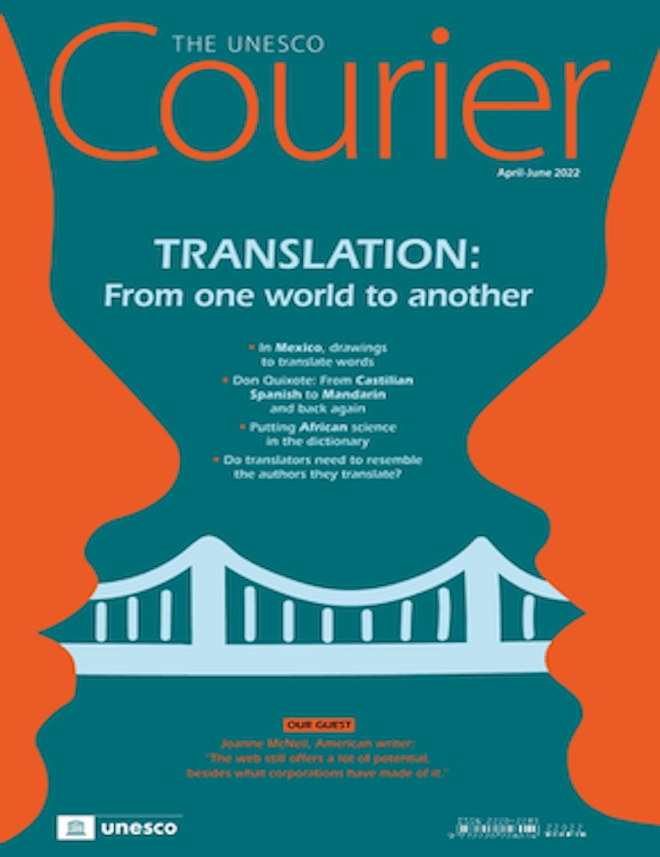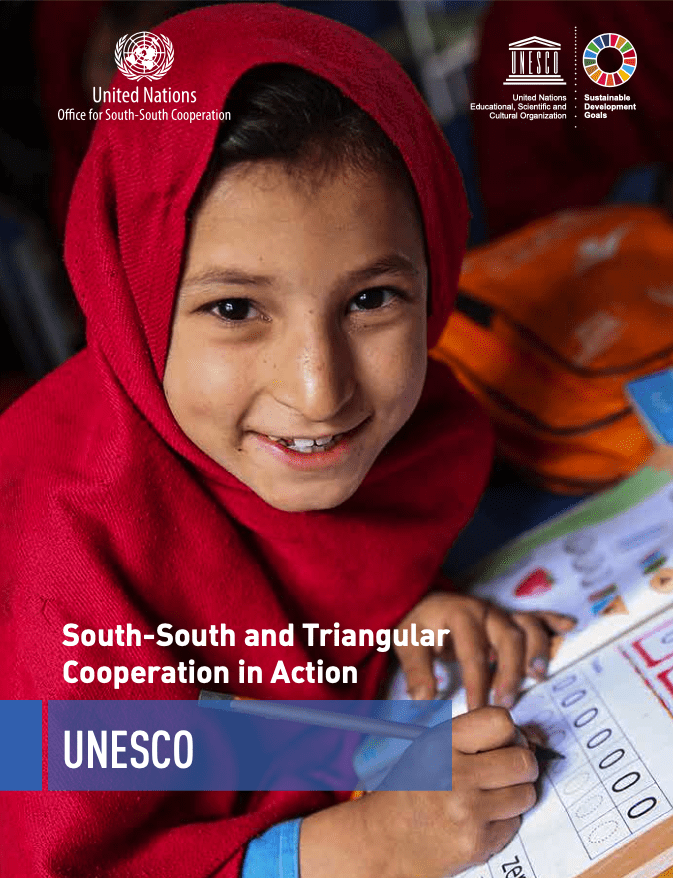After two World Wars in less than thirty years, UNESCO was born with a clear vision: to achieve lasting peace, economic and political agreements among states are not enough. It brings people together through mutual understanding and dialogue between cultures.
Over the years, UNESCO has launched pioneering programmes to achieve this. From the very beginning, UNESCO denounced racism and mobilized philosophers, artists, the brightest minds from every nation, to develop innovative projects that changed how we see the world: The Universal Copyright Convention, Biosphere Reserves, World Heritage and Intangible Heritage.
UNESCO gave rise to global centers of scientific research, from CERN to SESAME, developed tsunami early warning systems, wrote the general history of Africa and all five continents, and carried out literacy campaigns from Italy to the Republic of Korea and in Afghanistan.
UNESCO established universal principles for scientific ethics and the human genome, and protected the best that humanity has to offer:
The temples of ancient Egypt were saved from rising waters; The treasures of Venice and Angkor; The old Bridge of Mostar was rebuilt after the war; the Old City of Mosul was revived as a symbol of peace
Today, UNESCO is still innovating, piloting global reflections on the futures of education in a post-COVID world. We are establishing common standards on open science and the ethics of artificial intelligence. We are developing new tools to fight new forms of racism and hate speech and building a more sustainable relationship between humans and the environment.


